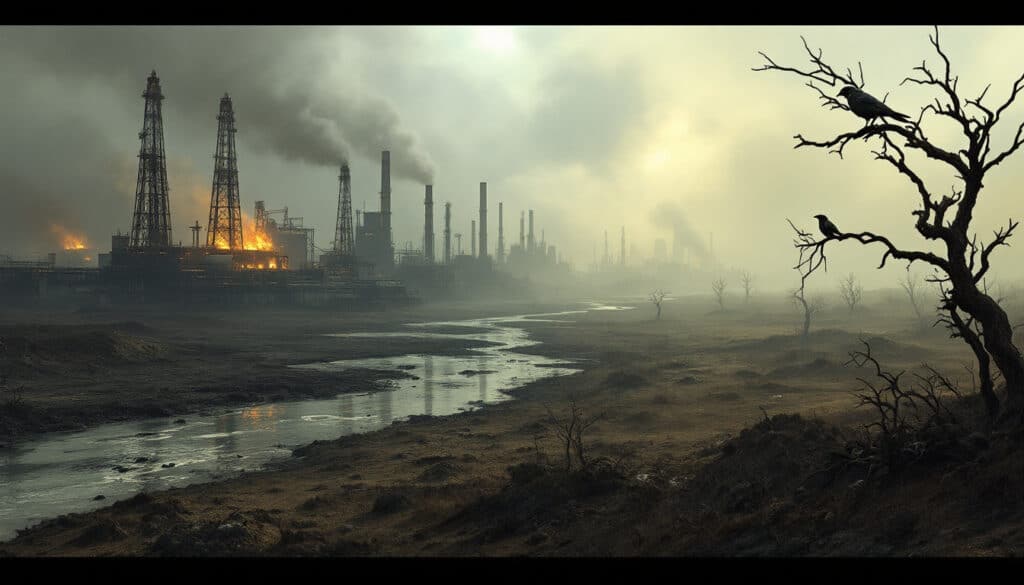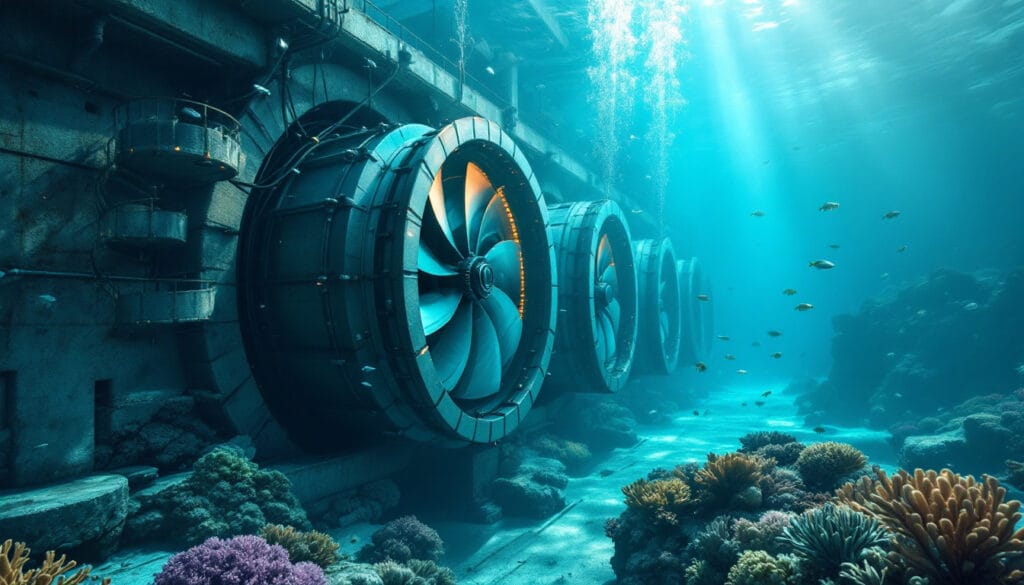The energy sources that will barely be replenished on the scale of human time raise crucial issues. Non-renewable energies, the main contributors to global energy production, encompass fossil resources such as oil, coal, natural gas, and uranium. They pose major environmental and economic challenges. These depleting resources cause air and water pollution, greenhouse gas emissions, and often devastating consequences for ecosystems through deforestation and soil erosion. The massive reliance on such energies raises a fundamental question: how can we transition to more sustainable alternatives while mitigating the damage already inflicted on our planet?
Non-renewable energies represent a crucial challenge for modern societies. These resources, notably fossil fuels such as oil, coal, and natural gas, are being exploited at a rate far exceeding their natural replenishment capacity. In simple terms, they cannot be renewed on the scale of human time. So, why do we continue to rely on these energy sources, and what are the stakes associated with their use?
One of the main advantages of non-renewable energies lies in their relative abundance and their ability to provide energy continuously and stably. They have enabled rapid industrialization and have supported global economic growth for decades. However, this massive dependence has many disadvantages and poses significant challenges.
First, the environmental impact is considerable. The extraction and combustion of fossil fuels emit significant volumes of greenhouse gases, contributing to climate change. Additionally, they often lead to irreversible damage to ecosystems, such as deforestation, soil erosion, and air and water pollution.
Moreover, the depletion of these resources raises concerns about global energy security. With 80% of the world’s energy coming from these fossil energies, their gradual scarcity threatens international economic and political stability. Some countries like Japan are considering reducing this dependence by increasing their share of renewable energies.
Another critical issue is the long-term economic cost. As reserves deplete, extraction costs increase, making these energies less and less competitive compared to renewable alternatives, yet some oil companies are withdrawing from green energy projects. Furthermore, the transition to sustainable energy systems requires colossal investments in infrastructure and technologies.
Looking at the global landscape, initiatives such as the construction of a geothermal power plant in Kenya demonstrate a willingness to diversify energy sources and further integrate renewable energies. However, some countries, like Pennsylvania, are still accused of lagging in adopting proactive policies to counter this dependence on non-renewable resources.
In conclusion, although they have been essential for past economic growth, non-renewable energies pose enormous environmental, economic, and political challenges. Transitioning to an economy based on renewable energies is not only an ecological necessity but also an economic imperative to ensure long-term sustainability. Therefore, policymakers and industries must seize the opportunity to transform this key sector to create a greener and more sustainable future.

FAQ on the Challenges of Non-Renewable Energies
Articles similaires
Thank you!
We will contact you soon.













